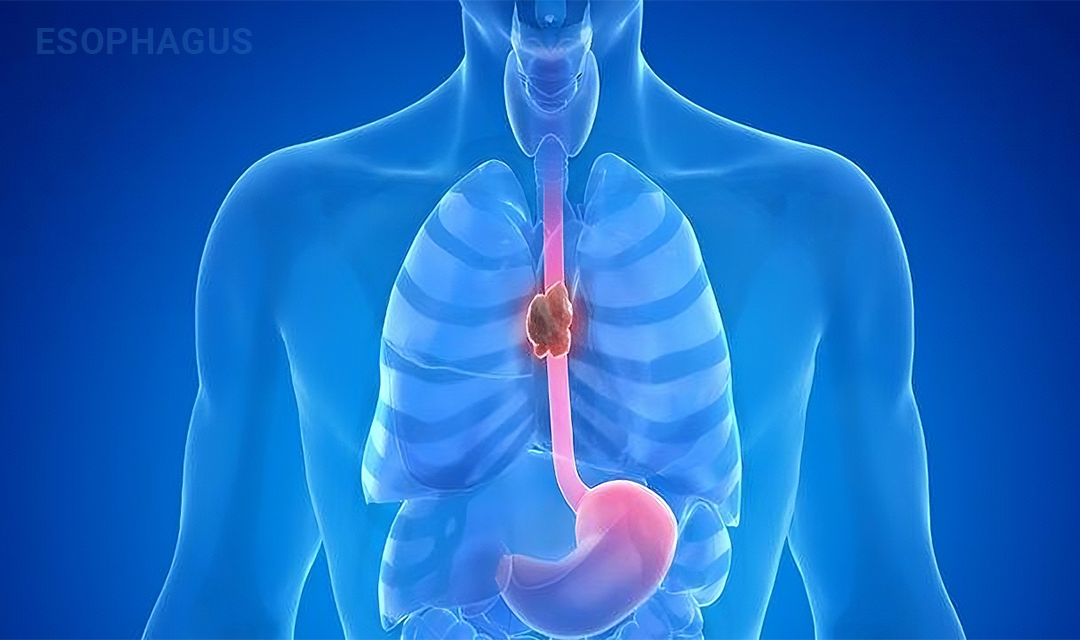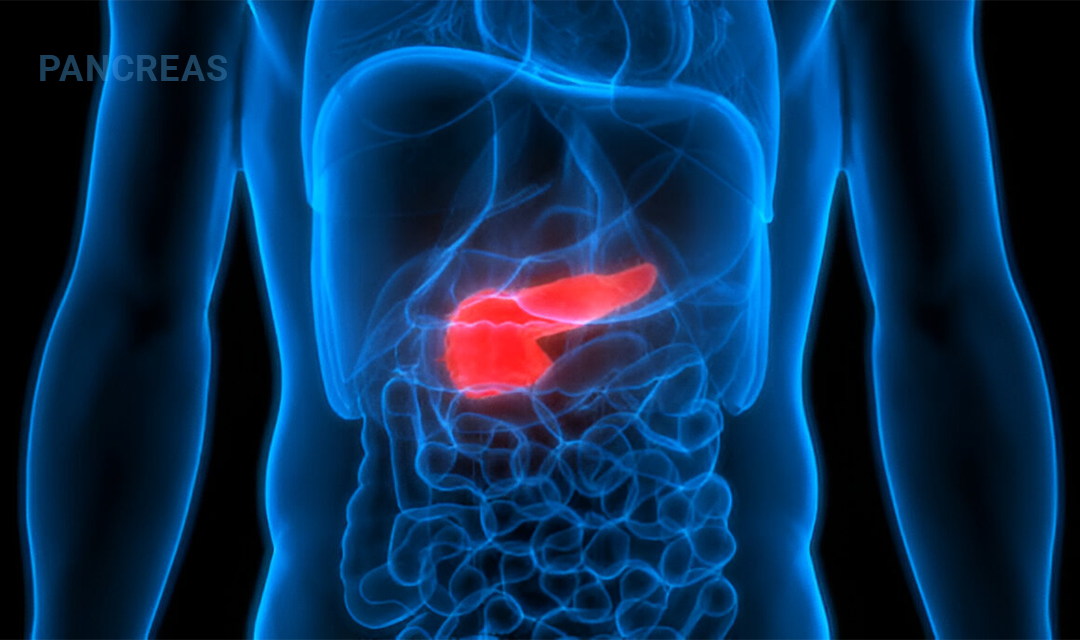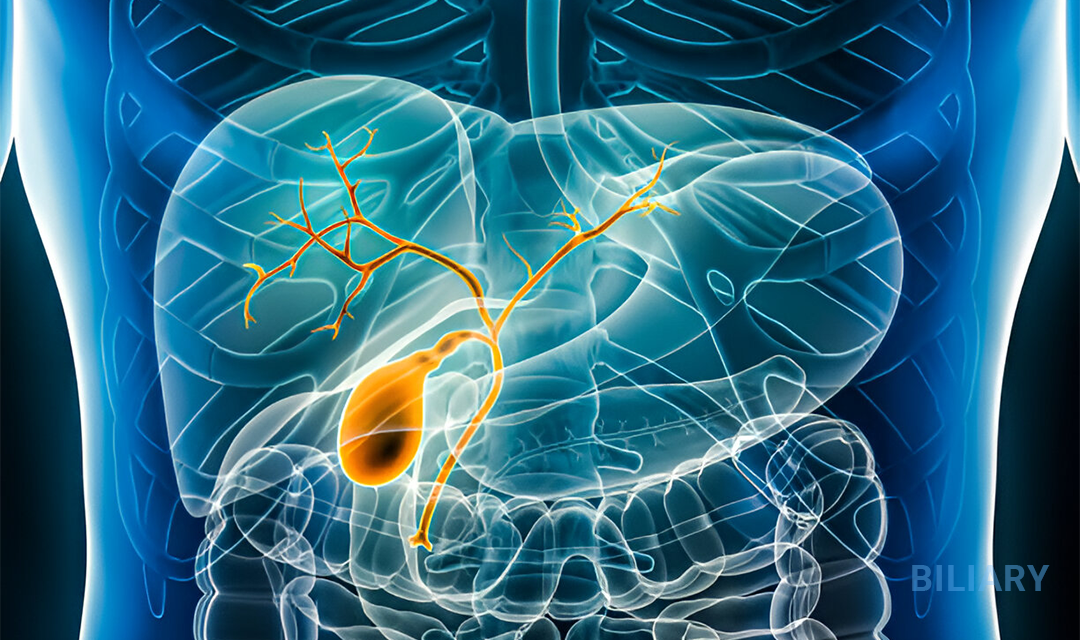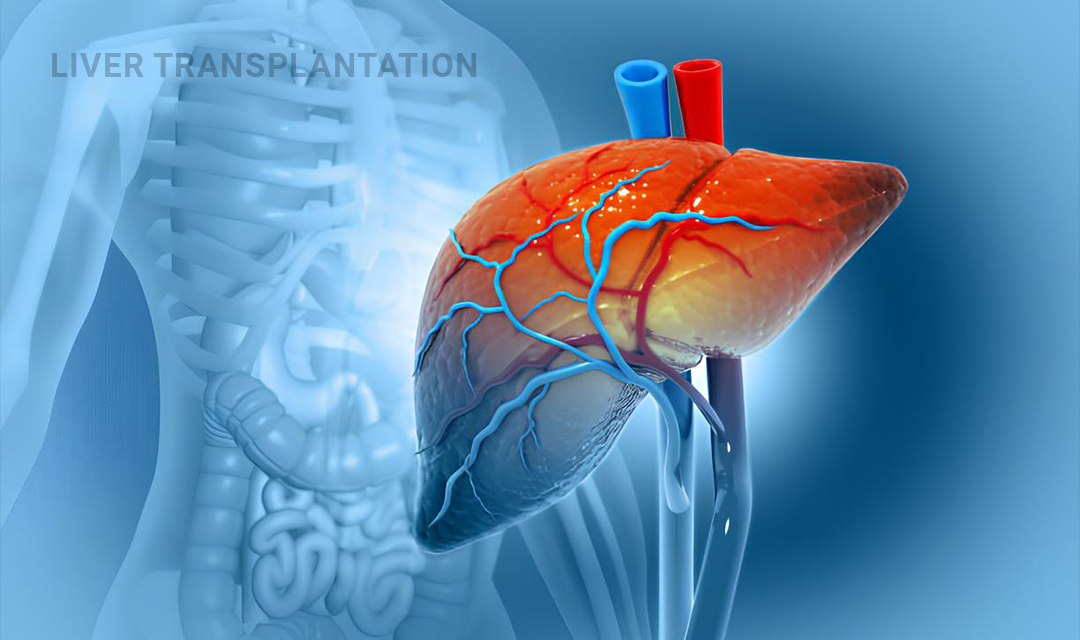
Spleen Surgery and Care in Guntur: Expert Treatment by Dr. Varun Palanati
What is the Spleen?
The spleen, a small organ located in the upper left abdomen beneath the rib cage, plays a vital role in immune defense and blood health. It filters blood, recycles old red blood cells, and stores platelets and blood for emergencies. While the spleen is not essential for survival, its health is critical for a strong immune system and overall well-being.
Understanding the Spleen and Its Functions
-
Immune Function
- Filtering Blood: Removes old or damaged red blood cells and harmful pathogens.
- Immune Response: Produces and stores white blood cells (lymphocytes) and antibodies to fight infections.
-
Blood Storage
- Blood Reservoir: Stores blood and releases it during significant blood loss or hemorrhage.
- Platelet Storage: Holds platelets necessary for clotting and wound healing.
-
Red Blood Cell Recycling
- Breakdown of Old Cells: Destroys aged red blood cells, recycling iron and other components for new cell production.
Symptoms of Spleen Problems
- Abdominal Pain or Fullness: Pain or pressure in the upper left abdomen, sometimes caused by spleen enlargement (splenomegaly).
- Fatigue: General weakness, often linked to anemia from excessive red blood cell destruction.
- Frequent Infections: A poorly functioning spleen can weaken the immune system, making infections more common.
- Unexplained Bleeding or Bruising: Low platelet counts (thrombocytopenia) can lead to excessive bleeding or easy bruising.
- Jaundice: Yellowing of the skin or eyes if the spleen is breaking down red blood cells too quickly.
Common Causes of Spleen Problems
- Splenomegaly (Enlarged Spleen): Often caused by infections, liver disease, blood disorders, or inflammatory conditions.
- Splenic Rupture: A tear or rupture from trauma or injury, resulting in internal bleeding.
- Splenic Infarction: A blocked blood supply to part of the spleen, often due to blood clots.
- Hypersplenism: Overactivity of the spleen, leading to excessive destruction of blood cells, which can cause anemia, leukopenia (low white blood cell count), or thrombocytopenia.
- Spleen Cancer: Rare malignant tumors in the spleen or cancer spreading from other parts of the body.

“Dr. Varun offers expert care in spleen surgery, providing advanced solutions and relief for patients with spleen-related conditions in Guntur.”
Home Remedies to Support Spleen Health
While some spleen conditions require medical care, these steps can help maintain a healthy spleen and reduce the risk of complications:
-
Eat a Balanced Diet
- Anti-Inflammatory Foods: Include fresh fruits, vegetables, whole grains, and foods rich in antioxidants (e.g., berries, spinach).
- Limit Processed Foods: Reduce intake of fatty, sugary, and processed foods that can burden the spleen.
- Hydration: Drink plenty of water to support blood filtration and overall health.
-
Avoid Alcohol and Smoking
- Alcohol and Smoking: Both can weaken the immune system and strain the spleen.
-
Boost Immune Health
- Garlic and Turmeric: Both have immune-boosting and anti-inflammatory properties that support spleen health.
- Green Tea: Rich in antioxidants, it may protect the spleen from damage.
-
Regular Exercise
- Physical Activity: Engage in moderate physical activity to improve circulation and overall health.
-
Prevent Infections
- Hygiene and Vaccinations: Maintain proper hygiene and stay up-to-date on vaccinations to reduce the risk of infections.
When to See a Doctor
Seek medical attention if you experience:
- Persistent or severe abdominal pain, especially if it radiates to your back.
- Unexplained weight loss or changes in appetite.
- Jaundice (yellowing of the skin or eyes).
- Fatty, greasy, or unusually foul-smelling stools.
- Nausea or vomiting that doesn’t improve.
- Symptoms of diabetes, such as excessive thirst, frequent urination, or unexplained fatigue.
Early diagnosis and treatment can prevent complications and improve outcomes.
Treatment Options for Spleen Conditions
-
Medications:
- Antibiotics: Treat infections affecting the spleen.
- Anti-Inflammatory Drugs: Manage inflammation causing splenomegaly.
- Immunosuppressants: Used for autoimmune conditions impacting the spleen.
-
Lifestyle Changes:
- Manage underlying conditions like liver disease or blood disorders to protect the spleen.
- Maintain a healthy weight and balanced diet to reduce strain on the organ.
-
Supportive Care:
- Blood Transfusions: May be needed for anemia or excessive bleeding.
- Vaccinations: Essential after spleen removal to prevent infections.
-
Surgical Interventions:
- Splenectomy: The surgical removal of the spleen, often necessary for:
- Severe trauma or rupture.
- Certain blood disorders.
- Overactive spleen (hypersplenism) leading to significant blood cell destruction.
- Spleen cancer or large tumors.
- After splenectomy, patients are more susceptible to infections, so vaccinations and preventive antibiotics are often recommended.
- Splenectomy: The surgical removal of the spleen, often necessary for:
When Is Surgery Necessary?
Surgery is required when:
- The spleen is severely damaged due to trauma or rupture.
- Splenomegaly or hypersplenism leads to complications like anemia or recurrent infections.
- There are malignant or benign tumors in the spleen.
- Blood supply to the spleen is blocked (splenic infarction).
Frequently Asked Questions (FAQs)
A Patient’s Experience

“Dr. Varun offers expert care in spleen surgery, providing advanced solutions for patients with spleen-related conditions in Guntur. His compassionate approach ensures patients receive the best possible outcomes.”
- Rajesh Kumar
- Satisfied Patient

“I am deeply grateful to Dr. Varun for his exceptional care in treating my spleen condition. His thorough approach and dedication have greatly enhanced my quality of life.”
- Anita Rao
- Thankful Patient
Conclusion
- The spleen is a vital organ that supports immune function and blood health. While some spleen conditions require medical intervention, adopting a healthy lifestyle can help maintain spleen health and reduce the risk of complications.
- For advanced spleen care, including surgical expertise, Dr. Varun Palanati in Guntur offers compassionate and effective treatment tailored to your needs. Whether through minimally invasive procedures or comprehensive management plans, Dr. Varun ensures the best care for your overall well-being.














